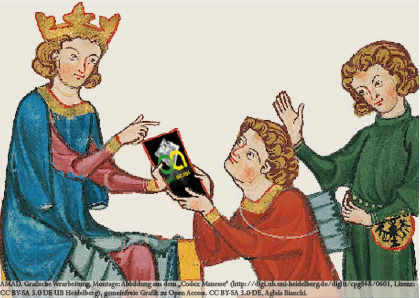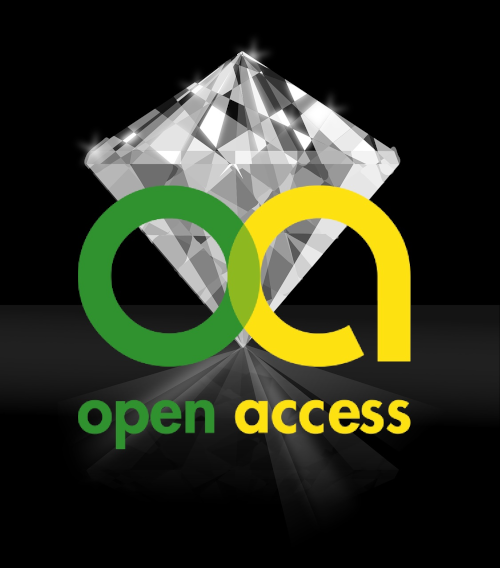AMAD
"Archivum Medii Aevi Digitale - Specialized open access repository for research in the middle ages"To submission

| Date: | 2008 |
| Title: | The Concept of God in Beowulf and The Book of Dede Korkut |
| Author: | Hulya Tafli |
| Description: | In this article Beowulf, the English epic, and The Book of Dede Korkut, the Turkish epic, are going to be compared in order to depict the similarities and the differences of the concept of God in different locations and eras. Although they were put down into writing two centuries apart, there are certain characteristics common to these two epics. One of the common characteristics observed in these epics is the traces of deities and the concept of God. Beowulf was composed sometime between the middle of the seventh and the end of the tenth century of the first millennium (Heaney 2002: xxiii). The Book of Dede Korkut was composed sometime between the fifth and the seventh century of the first millennium (Nebiyev 2000: 66). The societies depicted in Beowulf were pagans and this pagan belief came from the Druids and the Germanic tribes (North 1997: 185). Similar to this, the societies depicted in The Book of Dede Korkut were the oğuz people who were considered to be the believers of the Sky-God belief and shamanism. These epics were being sung and put down into writing, and during this process the societies were being converted to monotheistic religions, that is, Christianity and Islam respectively. |
| URI: | https://www.amad.org/jspui/handle/123456789/109592 |
| Other Identifier: | https://doaj.org/article/6bcb57cb739947108953dad731f453cf |
| AMAD ID: | 585530 |
| Appears in Collections: | BASE (Bielefeld Academic Search Engine) General history of Europe |

